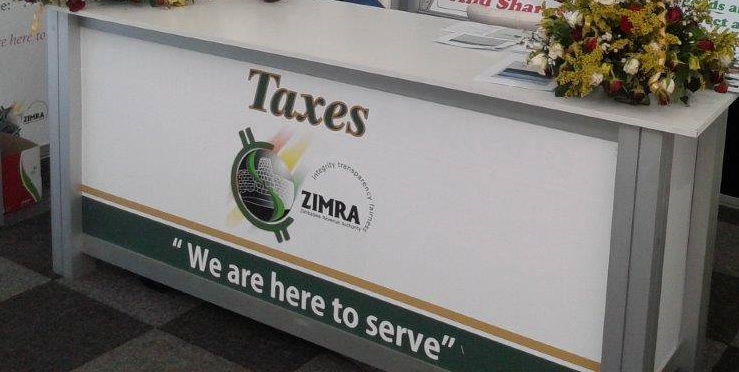The Zimbabwe Revenue Authority (ZIMRA) has intensified its campaign for strict tax compliance, warning that widespread evasion and late submissions pose a direct threat to the country's economic stability and long-term development goals.
Speaking at the Institute of Chartered Accountants of Zimbabwe (ICAZ) Indaba, ZIMRA's Commissioner for Domestic Taxes, Misheck Govha, said compliance was now "non-negotiable" as the authority ramps up its digital enforcement systems.
"We want to attain what is called a data assessment requirement, where 80 percent of our clients submit their returns on or before the due date," Govha said.
He outlined a series of reforms designed to modernise tax administration and close loopholes, including fiscalization, block management, tax kiosks, and a new mobile app targeting the informal sector.
"Fiscalization is now compulsory for all businesses. We are coming up with a mobile app that will enable clients in the informal sector to fiscalize using their phones," he said, adding that AI and data analytics were now being used to track taxpayer behaviour.
"We will not hesitate to take action against those who attempt to evade taxes," he warned.
Govha further announced that tax clearance certificates would now be strictly linked to full compliance under the Fiscalisation Technical Management System (FTMS). "If you are not fully fiscalized in terms of FTMS, you are not going to get a tax clearance," he said.
ZIMRA's new compliance model integrates data from banks, the civil registry, and the registrar of companies, in what officials describe as a holistic approach to widening the tax net and simplifying registration. "We are making it easier for businesses to register and comply with tax laws," Govha added.
However, the crackdown has raised concerns among small and medium enterprises (SMEs), who say the system is skewed in favour of larger corporations.
Farai Mutambanengwe, Executive Officer of the Small and Medium Enterprises Association of Zimbabwe (SMEAZ), said many small businesses lack the technical and financial capacity to comply fully under the current framework.
"Our tax framework is designed for organizations that have chartered accountants," he said. "For SMEs, it's often just one person, and that person might not be very knowledgeable."
Mutambanengwe cautioned that overly rigid compliance demands could stifle entrepreneurship. "For most of these businesses, if they comply, they are dead in the water," he said.
He urged ZIMRA to adopt a more collaborative approach with small businesses. "It's not about them versus us. We need to build a sustainable future together," he said, calling for a taxation model tailored to SME realities - including access to funding, markets, and training.
"We cannot use the same framework that is applied to large corporates for SMEs. It simply doesn't work," he added.
As ZIMRA tightens enforcement and SMEs plead for flexibility, analysts say the challenge will be striking a balance between fiscal discipline and economic inclusivity - ensuring that tax compliance drives growth rather than discourages it.
- Business Times
 OK Zimbabwe posts US$17,8 million loss
OK Zimbabwe posts US$17,8 million loss  Hichilema meets Chivayo
Hichilema meets Chivayo  Millions celebrate Diwali festival in India
Millions celebrate Diwali festival in India  Econet Zimbabwe to delist from ZSE
Econet Zimbabwe to delist from ZSE  Gold edges up as traders await guidance
Gold edges up as traders await guidance  Mnangagwa fires Chitando, appoints Polite Kambamura
Mnangagwa fires Chitando, appoints Polite Kambamura  Young Investment Professional (YIP) Graduate Programme 2019
Young Investment Professional (YIP) Graduate Programme 2019 











 Young Investment Professional (YIP) Graduate Programme 2019
Young Investment Professional (YIP) Graduate Programme 2019
Editor's Pick